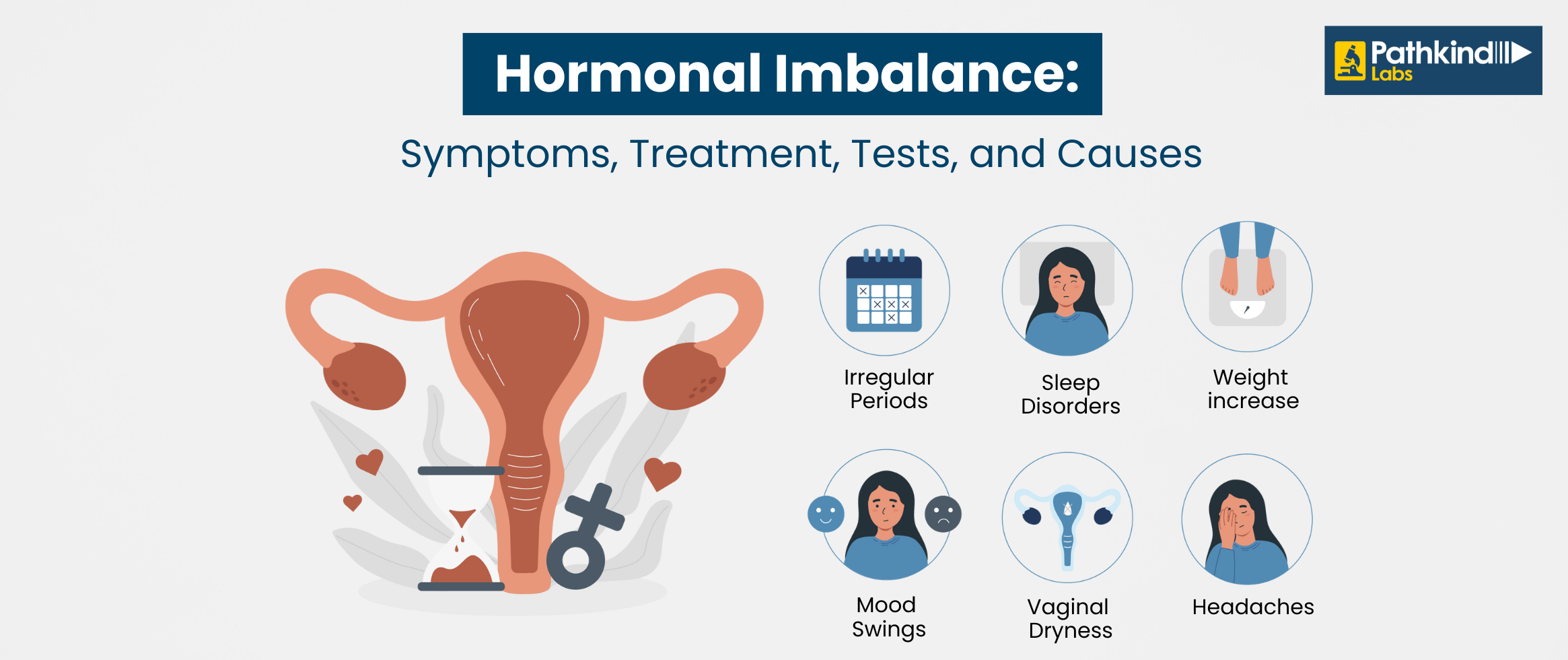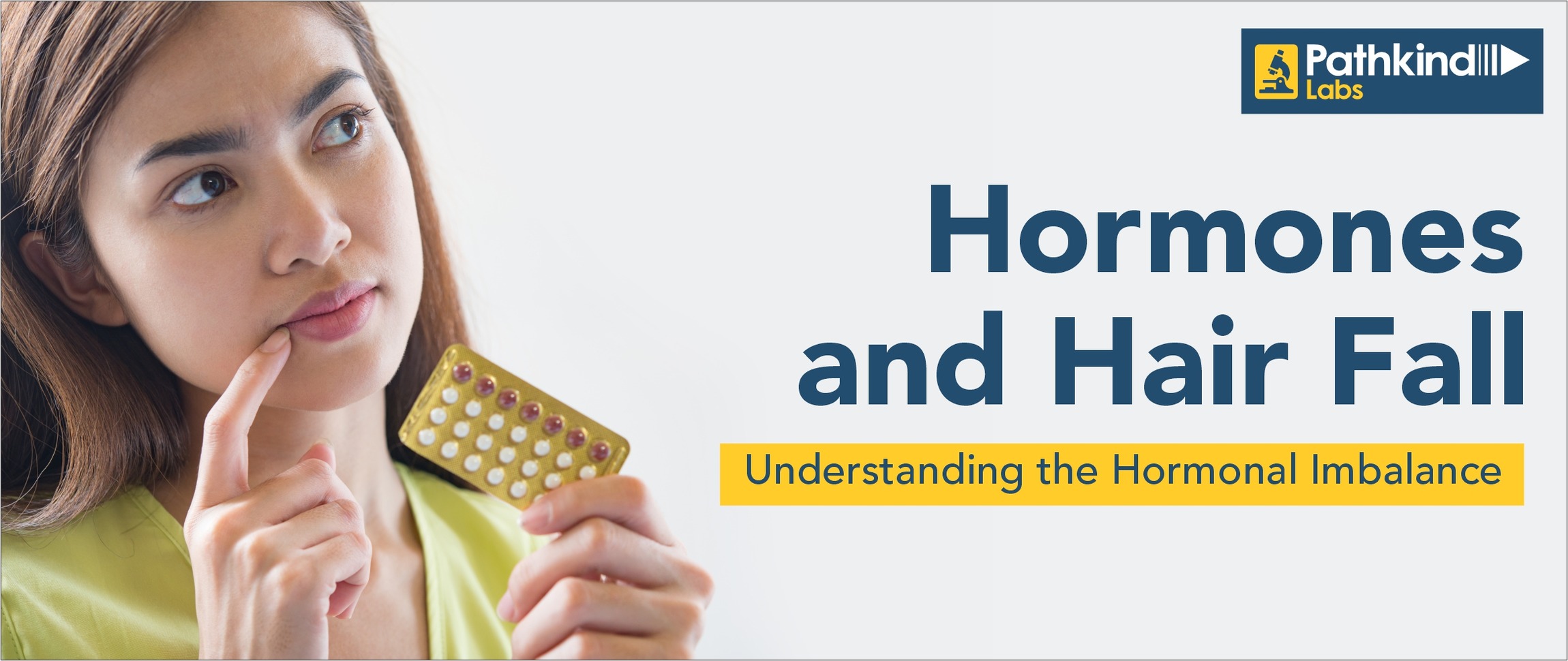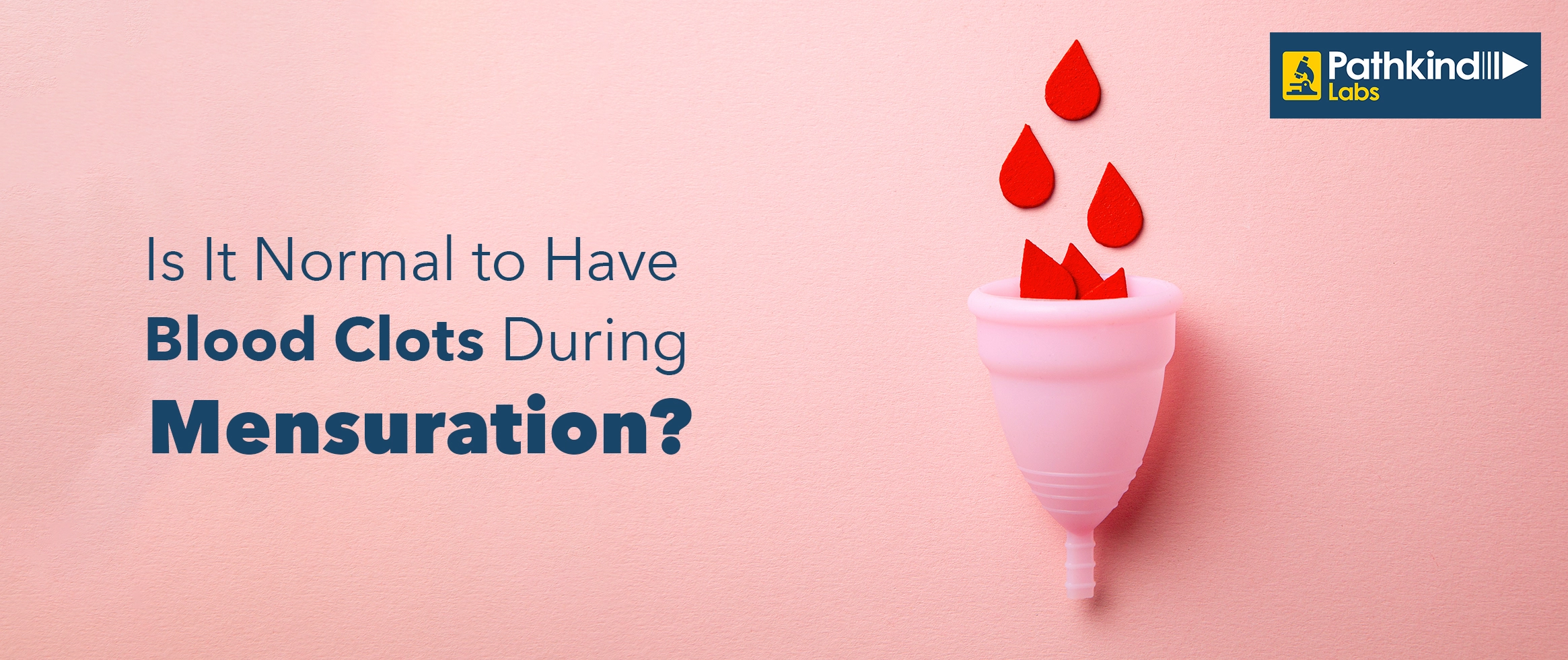Follicle-Stimulating Hormone (FSH) Test Overview
Follicle-stimulating hormone (FSH) is a hormone that has a big impact on how the ovaries and testes work, which is important for sexual development and reproduction. Along with luteinizing hormone, it functions (LH).
Follicle-Stimulating Hormone (FSH) Test Overview
Follicle-stimulating hormone (FSH) is a hormone that has a big impact on how the ovaries and testes work, which is important for sexual development and reproduction. Along with luteinizing hormone, it functions (LH).
Let’s understand what is a follicle-stimulating hormone (FSH)
Hormones, which are chemicals that communicate with your organs, muscles, and other tissues through your blood, regulate a number of bodily processes. These signals instruct your body when and what to do. Our pituitary gland produces and secretes a hormone called follicle-stimulating hormone (FSH), which is important for sexual development and reproduction. It has an impact on how well the testicles and ovaries work. Follicle-stimulating hormone, despite its name, has no direct impact on your hair follicles or hair growth. The androgen hormone class, in particular, has an impact on hair growth. The way it affects ovarian follicles—tiny sacs filled with fluid that house egg cells in the ovaries—is how FSH acquired its name.
FSH is a crucial component of the reproductive system. It is in charge of ovarian follicle development. Follicles aid in the maintenance of women's menstrual cycles by producing oestrogen and progesterone in the ovaries. FSH plays a role in both sperm production and gonad development in males. The FSH test analyses the amount of FSH that exists in your blood. To determine the underlying cause of problems affecting the reproductive system, your doctor will conduct an FSH test.
Children often have low FSH levels. Gonadotropin-releasing hormone (GnRH), which causes FSH and LH to be released, is produced by the hypothalamus as puberty approaches (often between the ages of 10 and 14). The transition to sexual maturity and development starts at this point.
Together, FSH and LH cause the testes of males or children who were assigned male at birth (AMAB) to start releasing testosterone. FSH promotes sperm production in males or those with AMAB. FSH supports sperm production in conjunction with testosterone, which is stimulated by LH inside the testes. It is also in charge of the outward manifestations of puberty, such as the development of body hair and a manly voice.
How Follicle-Stimulating Hormone (FSH) Test is Useful?
A simple blood test is used to measure FSH. This test may be requested of women at a specified time during their menstrual cycle, generally the first few days.
FSH important in foetal development
The pituitary gland of the foetus releases FSH and luteinizing hormone (LH) from week 13 to the end of week 26 and week 27 to the end of the pregnancy. As the fetus's first ovarian follicle or seminiferous tubule (coiled tubules within the testes) matures, these hormone levels reach their peak in the middle of pregnancy.
FSH promotes egg formation in the ovaries and helps females regulate their menstrual cycles. The test is used to assist in the diagnosis or evaluation of:
- Menopause
- Ovarian cysts and polycystic ovary syndrome in females
- Abnormal menstruation or vaginal bleeding
Difficulties with conceiving or infertility
FSH encourages the generation of sperm in males. The test is used to assist in the diagnosis or evaluation of:
- Difficulties with conceiving or infertility
- men without testicles or with undeveloped testicles
FSH is involved in the maturation of sexual characteristics in youngsters. Children need this test:
- Who begin to exhibit sexual characteristics at an early age.
- Who experience a delayed onset of puberty.
What Happens During the Follicle-Stimulating Hormone (FSH) Test?
Before undergoing any medical procedure, discuss with your doctor all prescription and over-the-counter medicines, dietary supplements, and vitamins you may be taking. Any birth control method you take, including the pill, an intrauterine device, or the patch, should be disclosed to your doctor since it might affect the outcomes of your test.
Additionally, you should go through any current medical conditions with your doctor, such as the following:
- Unmanageable thyroid condition
- Hormone-dependent sex cancers
- Ovarian polyps
- Extraordinary vaginal bleeding
- FSH levels may be connected to several disorders
The following stages make up the straightforward FSH-level test:
- Above the area where the blood will be drawn, a healthcare professional will fasten a tourniquet. The arm is typically used to draw blood.
- A needle will be inserted straight into your vein after the area has been cleaned and sterilised with an antiseptic.
- Most patients first experience a brief period of intense pain, however, this agony rapidly subsides as blood is extracted.
- Within a period, the needle will be removed, and you will be instructed to apply pressure to the area with a cotton ball or small piece of cloth.
- They will apply a bandage to the area.
Understanding the Follicle-Stimulating Hormone (FSH) Test Results
The reference range varies from one lab to other. Your doctor should be informed of your results:
Normal FSH levels
Your age and sex organs affect your normal follicle-stimulating hormone (FSH) levels. It's also crucial to keep in mind that FSH normal ranges might differ from test to lab. On your blood test result, you should always include the lab's normal range.
Male:
- 0 to 5.0 mIU/mL (0 to 5.0 IU/L) before puberty
- 0.3 to 10.0 mIU/mL (0.3 to 10.0 IU/L) throughout puberty
- Adults: 1.5–12.4 mIU/mL (1.5–12.4 IU/L)
Female:
- 0 to 4.0 mIU/mL (or 0 to 4.0 IU/L) before puberty
- 0.3 to 10.0 mIU/mL (0.3 to 10.0 IU/L) throughout puberty
- 4.7 to 21.5 mIU/mL (4.5 to 21.5 IU/L) for females who are still menstruation
- 25.8 to 134.8 mIU/mL (25.8 to 134.8 IU/L) after menopause
Abnormal FSH levels
There may be high FSH levels in females:
- Either before, during, or even before menopause
- Whenever you take hormone treatment
- Due to specific forms of pituitary gland tumours
- Turner syndrome-related
Women may have low FSH levels as a result of:
- Being extremely underweight or having lost a lot of weight recently
- Failing to lay eggs
- The pituitary gland or hypothalamus, which produces some or all of the brain's chemicals below normal levels
- Being Pregnant
Men who have high FSH levels may have an improper testicular function as a result of:
- Male menopause - Aging
- Alcohol abuse, chemotherapy, or radiation damage to the testicles
- Genetic issues like Klinefelter syndrome
- The use of hormone therapy
- Certain pituitary gland cancers
Low FSH levels in males may indicate that the pituitary gland or hypothalamus is not producing all of the hormones it should be. In both boys and girls, high FSH levels may signal the beginning of puberty.




 NABL approved
NABL approved  Most Trusted by
Most Trusted by  Accuracy &
Accuracy &  Widest Range
Widest Range 

















